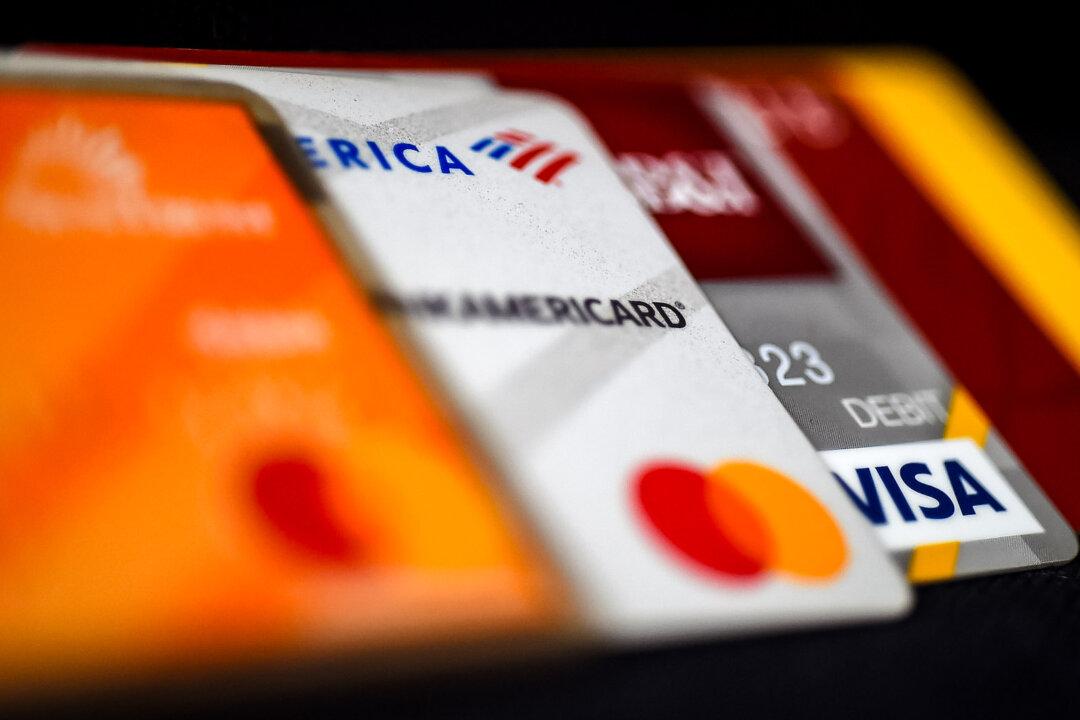The Internal Revenue Service (IRS) on July 2 proposed rules changes that would allow taxpayers to directly make tax payments by credit or debit cards.
The IRS currently authorizes three third-party processors to collect tax payments made with credit or debit cards. The federal agency doesn’t charge a fee for this service, but those companies do.





